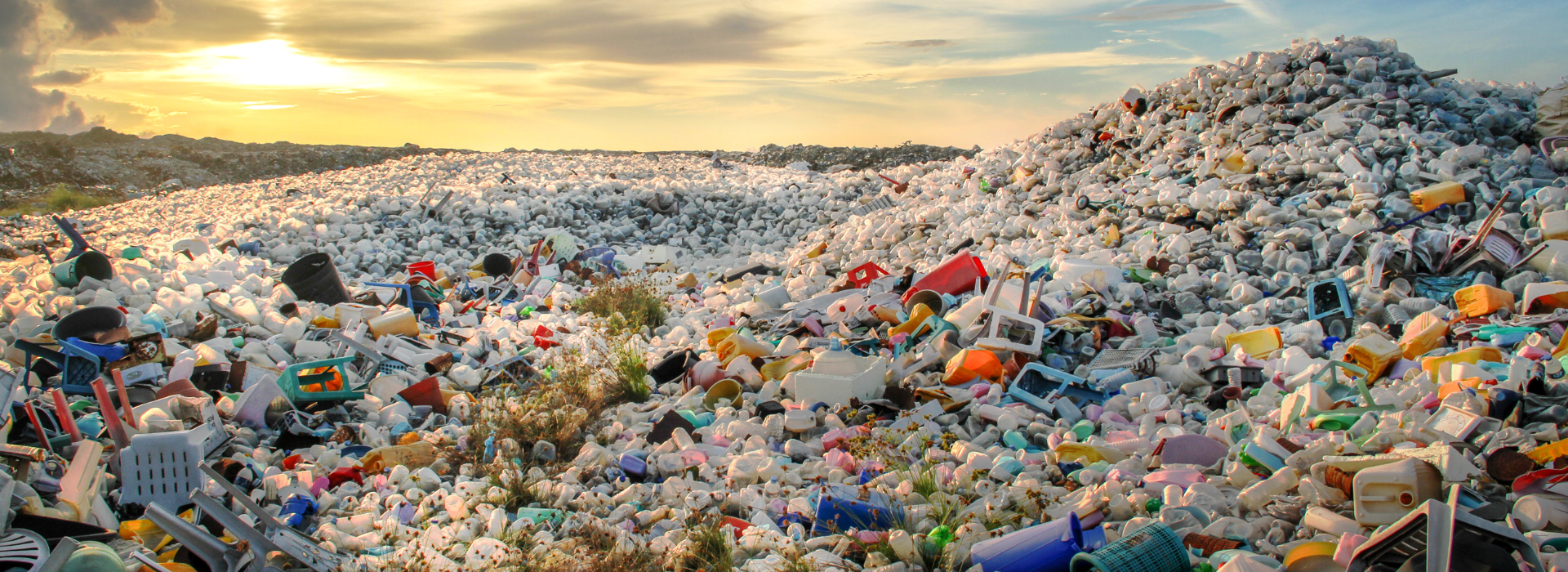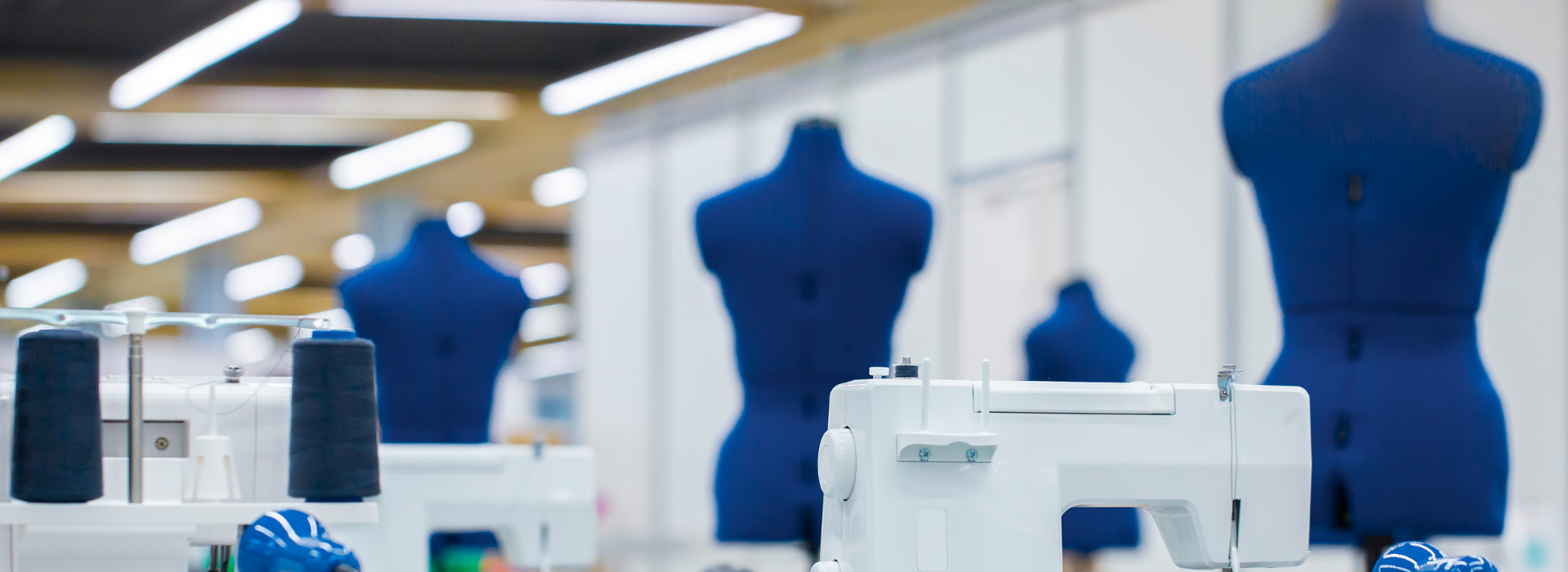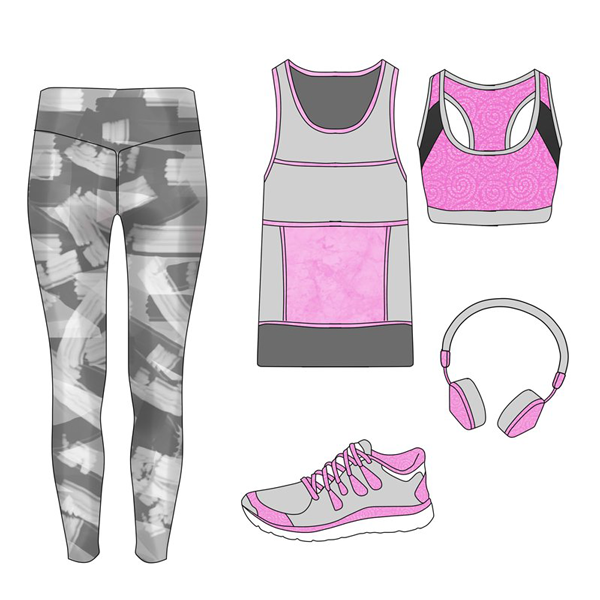Sustainable Textile Industry: Is it Really Possible?
The textile industry is undergoing a significant transformation with the adoption of more sustainable and ethical practices. The use of eco-friendly materials, innovative technologies, and responsible production processes is reducing environmental impact and improving working conditions throughout the supply chain. However, to ensure a positive impact on both the planet and people, it is essential to address the social and ethical issues within the textile sector.
Innovative Materials and Sustainable Production
The textile industry is increasingly investing in eco-friendly materials such as organic cotton, Tencel, and recycled polyester. These fabrics reduce water and energy consumption, cutting CO₂ emissions. Advanced technologies, such as waterless dyeing and 3D printing, help minimize resource waste and the release of harmful substances.
Social and Ethical Sustainability: Respect for People
One of the key aspects of sustainable fashion is ensuring fair working conditions throughout the entire production chain. The textile industry has often been criticized for exploiting low-cost labor in developing countries. To combat this issue, ethical brands focus on:
- Fair wages and safe working conditions: Ensuring adequate salaries and protected work environments.
- Local and artisanal production: Supporting small producers, reducing the impact of globalization.
- No child labor: The textile sector is one of the most affected by child labor. Choosing certified brands helps fight this issue.
 Slow Fashion: Un Nuovo Approccio al
Slow Fashion: Un Nuovo Approccio al
Slow Fashion: A New Approach to Consumption
The slow fashion movement promotes more mindful and sustainable purchasing. It contrasts with fast fashion, which encourages excessive consumption and generates enormous amounts of textile waste. More and more companies are adopting circular models, offering repair services, recycling, and return programs to extend the life of garments.
Labels, Certifications, and Transparency
Transparency is essential for ensuring the sustainability of the textile industry. Certifications like GOTS (Global Organic Textile Standard) and OEKO-TEX ensure compliance with environmental and social criteria throughout the production chain. Additionally, many companies are using blockchain and QR codes to trace the origin of materials, providing greater assurance to consumers.
Circular Fashion: The Role of Recycling and Second-Hand
The textile industry is focusing on recycling to reduce environmental impact. More brands are turning textile waste into new products, limiting resource waste. The second-hand and vintage markets are growing rapidly, offering valuable alternatives to reduce waste and extend the life cycle of products.
The sustainable textile industry is an ever-evolving reality. The adoption of eco-friendly materials, respect for working conditions, and attention to transparency are transforming the sector. Choosing ethical brands and responsible consumption practices can make a difference for a fairer and more environmentally respectful future. Every purchase is a choice: opting for sustainability means contributing to a better world.












